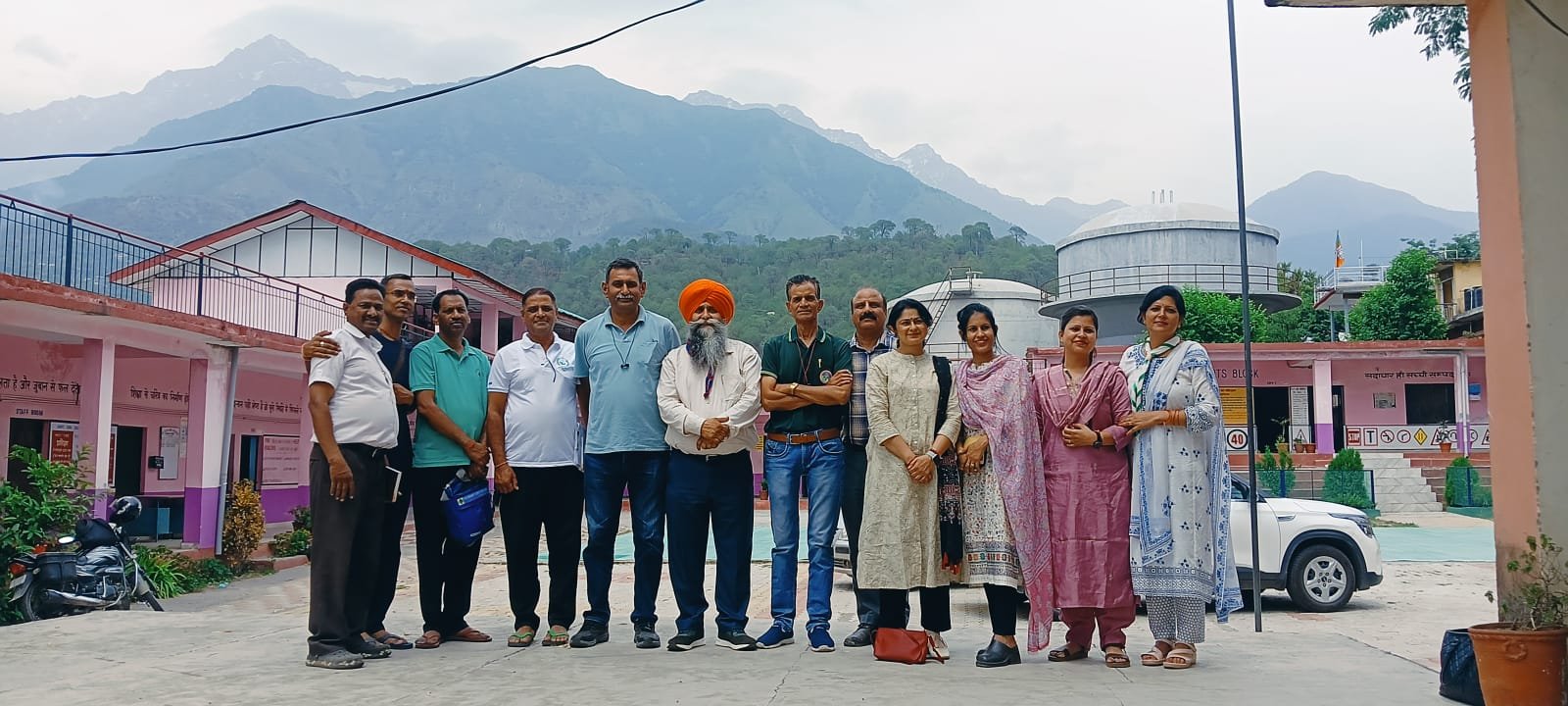The Newz Radar
MANDI: The Mandi Municipal Corporation’s recent initiative to levy taxes on previously exempted rural areas marks a significant shift towards urbanisation.
The tax holiday for these areas has concluded, necessitating tax compliance with the Municipal Corporation effective October 28, 2024. Despite the corporation’s proposal to grant tax exemptions to the Urban Development Department, no response has been received from the government, prompting the MC to proceed with tax collection from these rural areas.
Mayor Virender Bhatt affirmed that all rural areas now within the corporation’s purview will be subject to taxation before the close of 2024, including commercial entities within its jurisdiction.
The move is anticipated to yield an additional revenue of approximately Rs 2-2.5 crore for the corporation. The councillors advocate for an extension of the tax exemption period, citing the inadequate level of development in these regions. However, in the absence of government response, the corporation has initiated the tax collection process.
In the endeavor to elevate Mandi town to municipal corporation status, several rural areas, including Nela, Shilhakipad, Badi Gumanu, Talyahad, Sanyard, Bijni, Rani Ki Bain, Chakkar, Gutkar, Bahana and Bagla, have been incorporated in the civic body’s limits. Despite promises of urban amenities, disillusionment prevails as tangible progress remains elusive.
Karm Chand Verma and Mahipal, residents of Nela, emphasised that while taxes are crucial for the corporation’s revenue, these should be commensurate with the services that were being provided. Lamenting the absence of development initiatives in their localities, they asserted their reluctance to pay taxes under such circumstances.





